When L.A. artist Miles Mosley sings “mediocrity is everywhere, but not here” on his album Uprising, I have to agree. In 2017 jazz and funk music lovers will be hard-pressed trying to find the type and quality of sounds offered up on this album.
Its 11 tracks were among 190 recorded by a collective of some of today’s most innovative artists and killer musicians during the one-month long West Coast Get Down sessions in L.A. Both Uprising and Kamasi Washington’s double album The Epic were amongst the fruits of those studio labours.
Miles Mosley is responsible for playing bass, composing, producing and arranging on most of Uprising‘s tracks. And as well as Kamasi Washington contributional credits go to West Coast Get Down members Zane Musa (tenor saxophone) – Christopher Gray, James Ford and Dontae Winslow (trumpet) – Tony Austin (drums/production/engineering), Brandon Coleman (keys) – Patrice Quinn (vocals/production) – Ryan Porter (trombone) – Cameron Graves (piano) – Barbara Sealy (production/lyrics) – Leah Zener and Ray Suen (violin) – Tom Lea and Mike Whitson (viola) – Peter Jacobson and Chris Votek (cello) and Allakoi Pete (percussion).
- Patrice Quinn
- Ryan Porter
- Kamasi Washington
- Brandon Coleman
x
Uprising’s song lyrics and their delivery by Miles Mosley exude strength, determination, confidence and passion. And when you hear them you can’t help but feel the contagiousness of those qualities.
Hear the absence of mediocrity for yourself in these two sample tracks from Uprising. The usual ‘mp3-only’ warning applies. So does the recommendation to support Miles Mosley and his collaborators by buying a hard copy of the full album in its uncompressed sonic glory.
Young Lion – Miles Mosley
x
Fire – Miles Mosley
x
Also check out this video snippet of Miles Mosley performing the album’s first single “Abraham” with Kamasi Washington & The Next Step live at Byron Bay Bluesfest 2016.
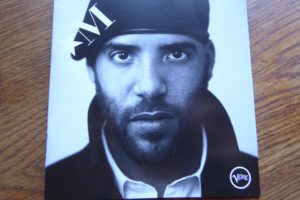
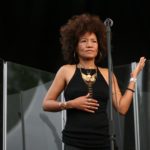
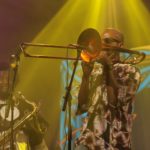
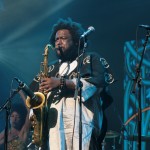
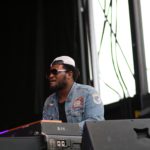
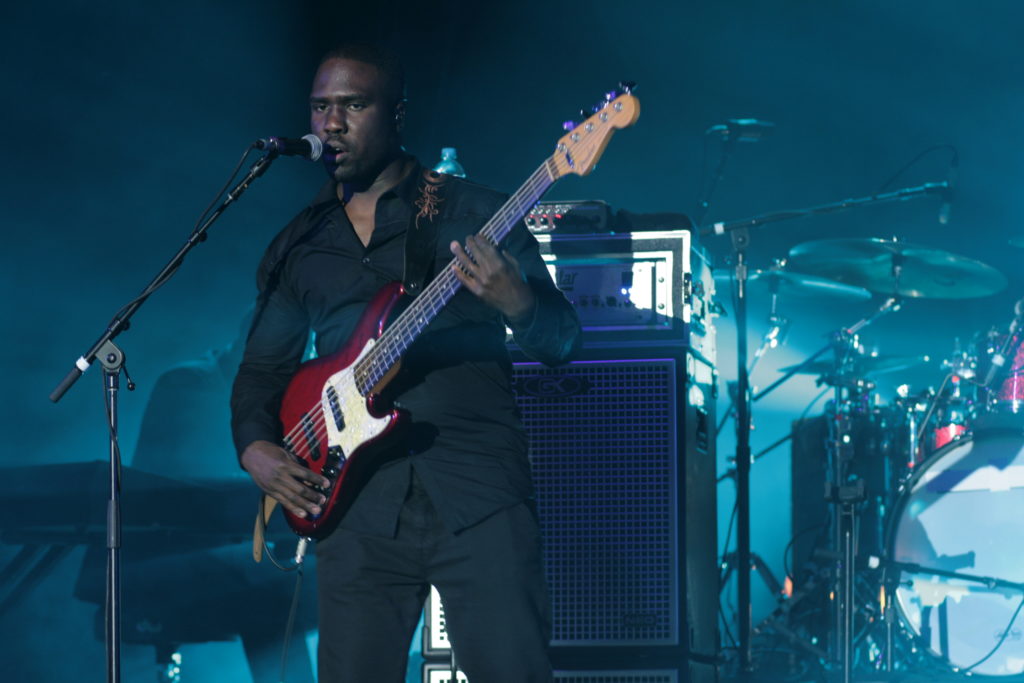
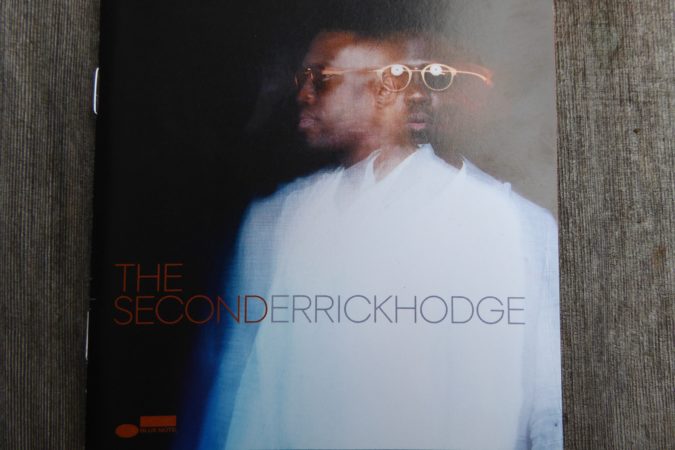
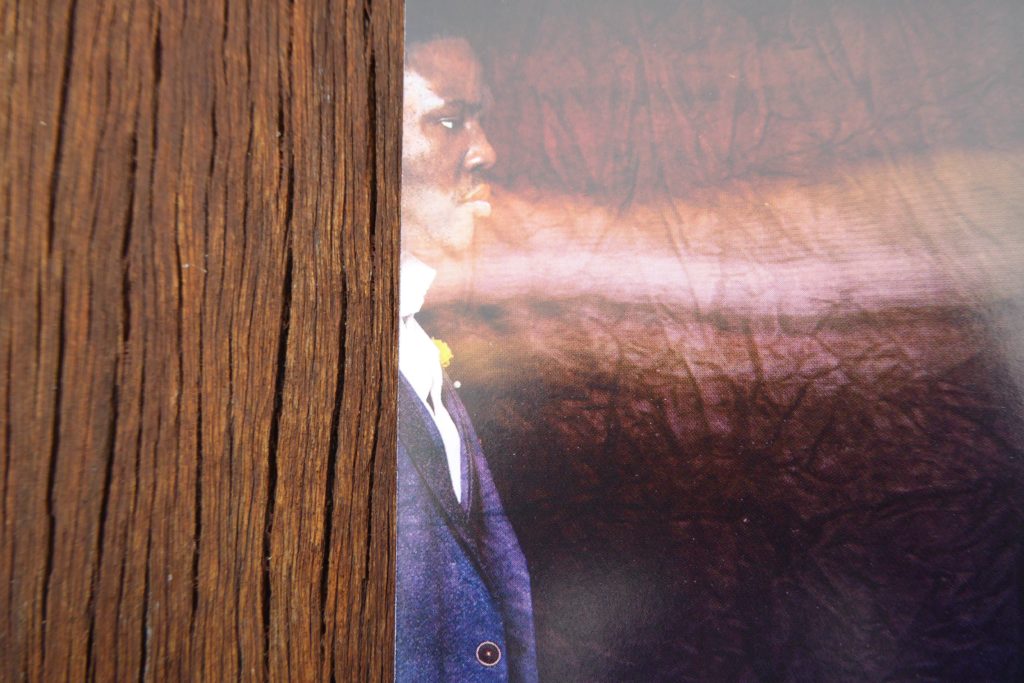

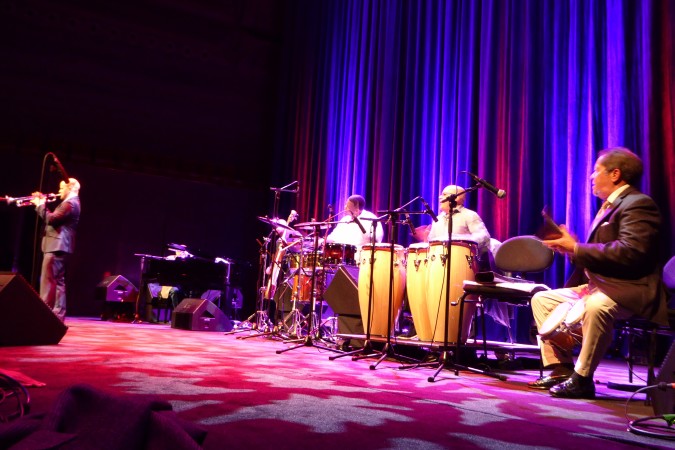
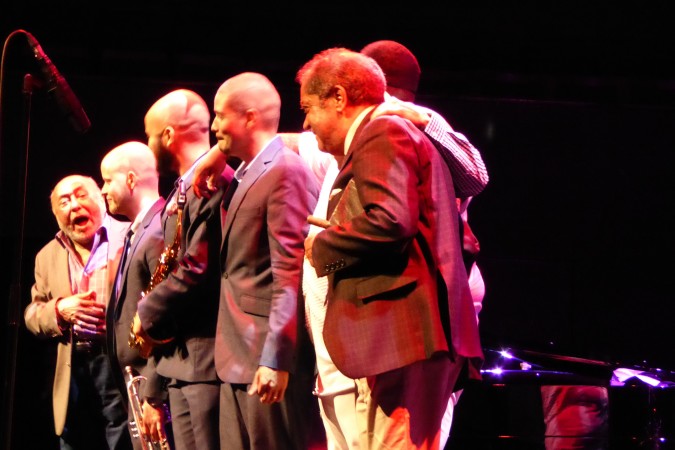
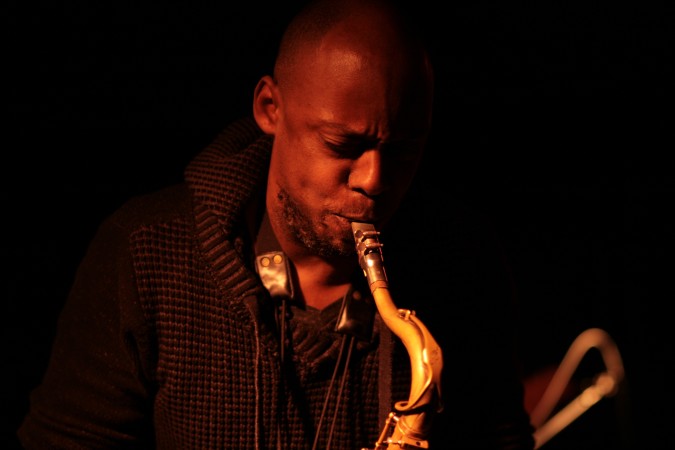
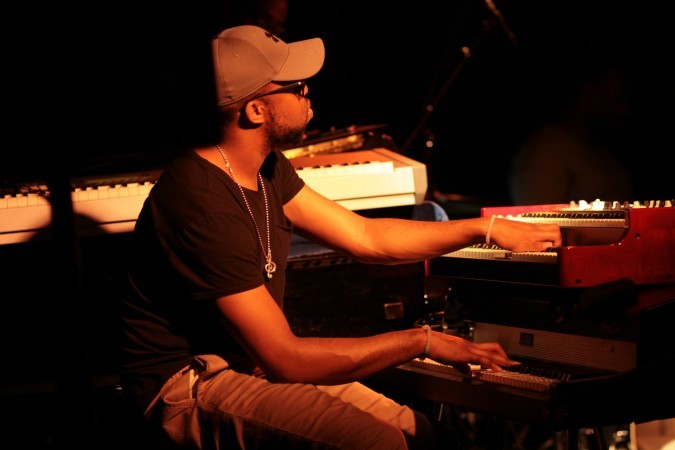
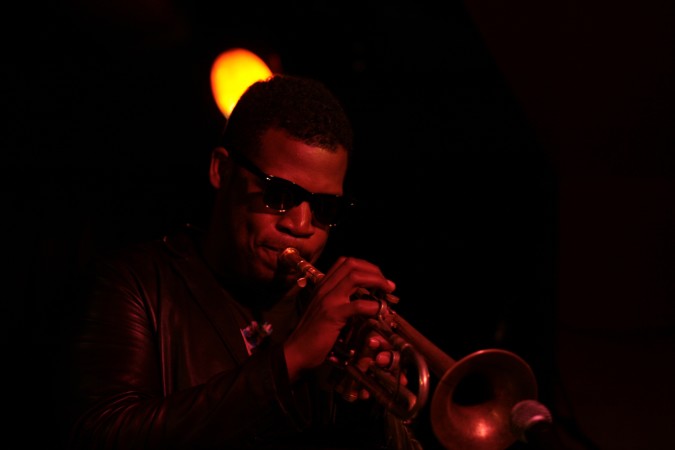
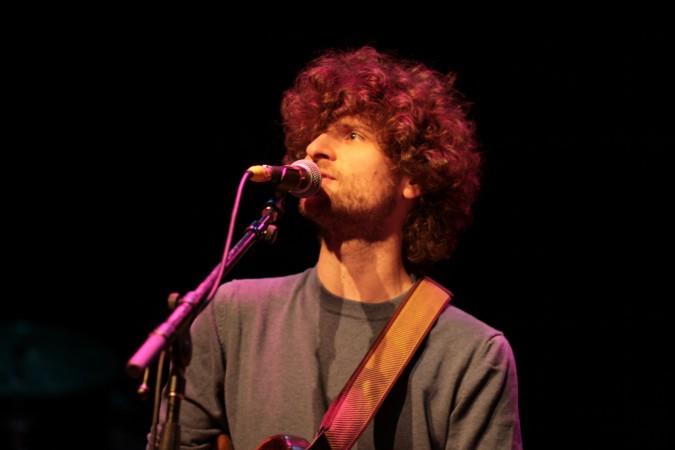
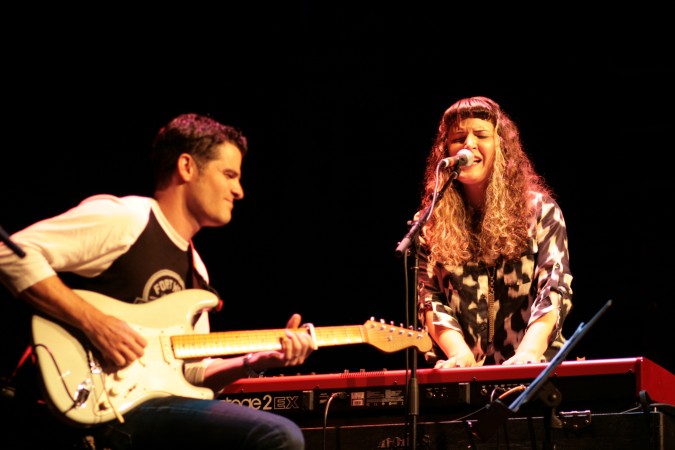
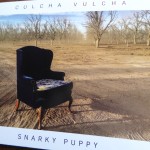
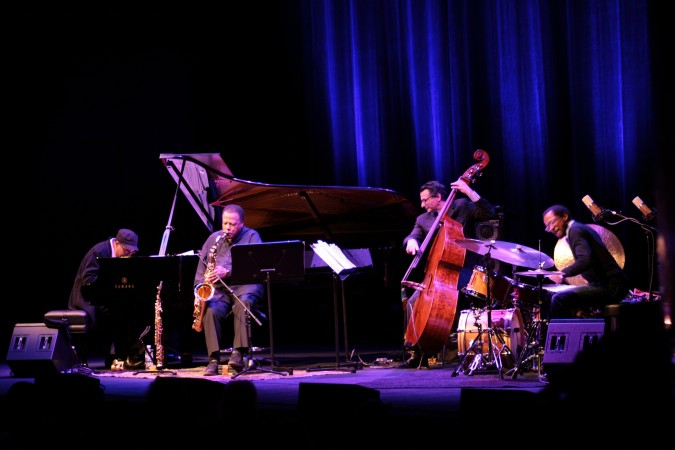
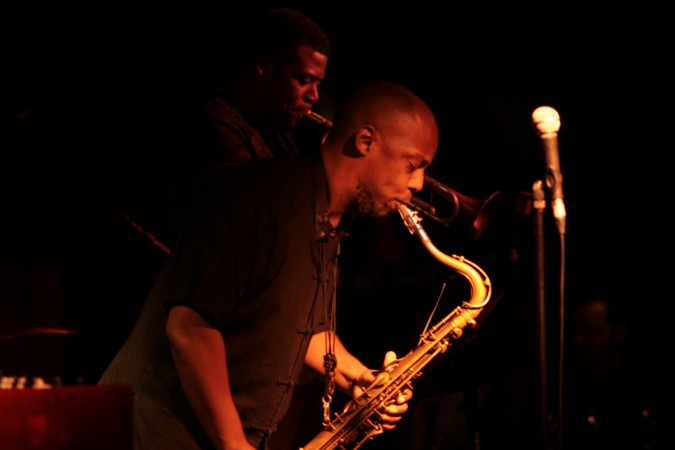
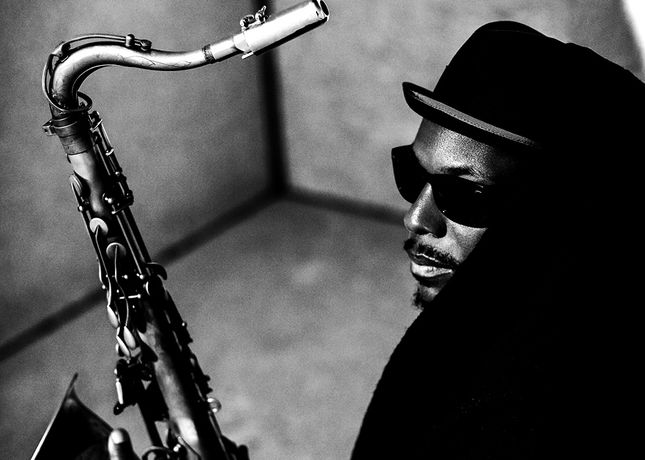

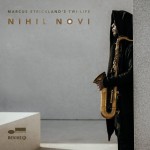
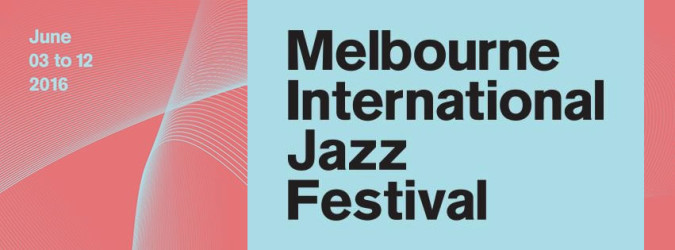
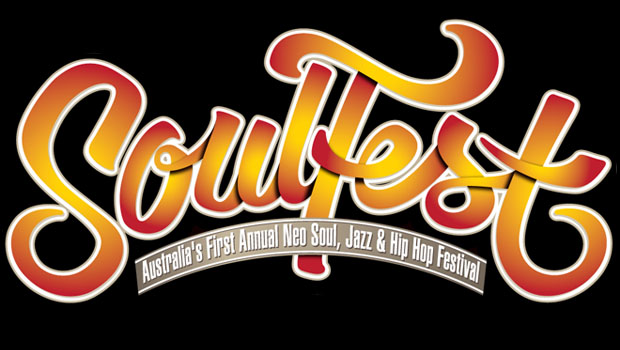

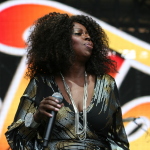


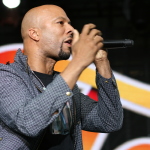

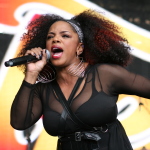
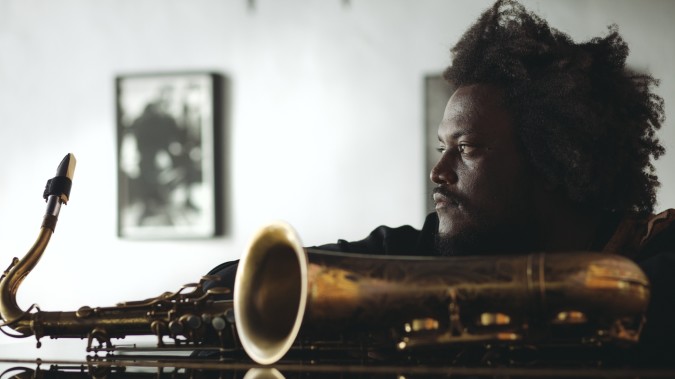
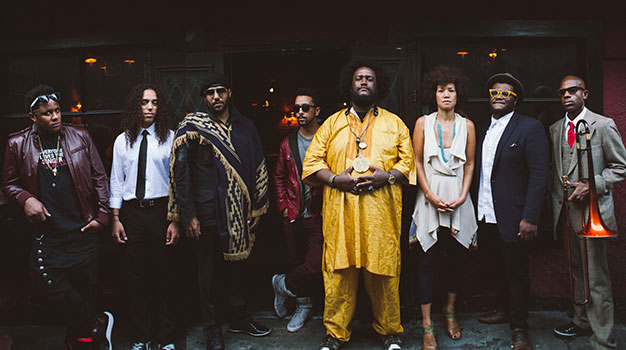
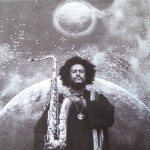
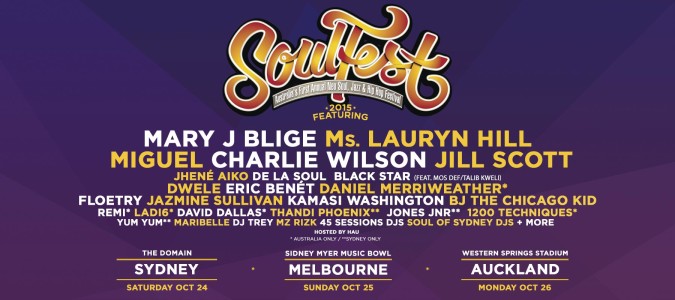
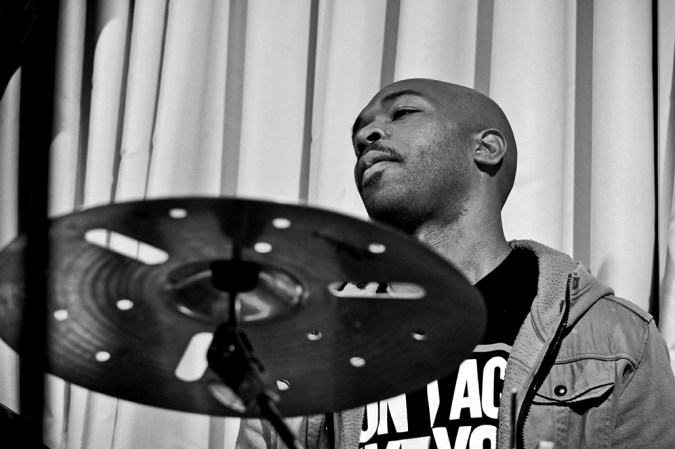
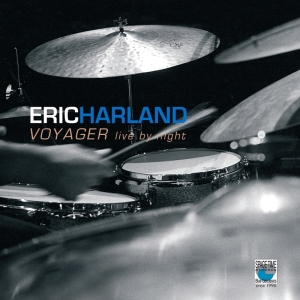
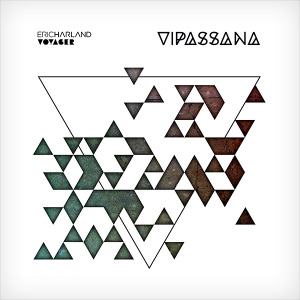
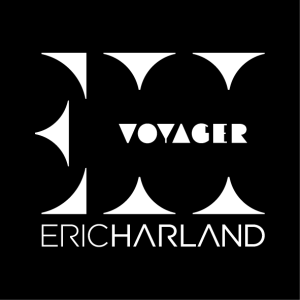 You can also hear Eric Harland playing at Bennetts Lane on Friday night with the
You can also hear Eric Harland playing at Bennetts Lane on Friday night with the 


